Despite a decreasing rural population and shrinking employment in agriculture, Turkey"s food production indices have shown remarkable growth. The Food Production Index increased from 120. 12 in 2021 to 128. 92 in 2022, indicating resilience and innovation in agricultural practices. This trend is further supported by an impressive cereal yield growth to 3,464. 7 kg per hectare in 2022, a significant leap from the previous year"s 2,918. 5 kg. However, challenges persist, such as Turkey’s agricultural imports forming 2.
56% of merchandise imports, reflecting reliance on external sources. The rural population shrank by nearly 1% annually, potentially impacting labor availability in this sector. Yet, the sector"s GDP contribution rose to 6. 47% in 2022, fueled by technological advancements and strategic investments. A global comparison reveals a competitive edge in livestock production, reaching an index of 137. 31 surpassing many regional competitors. Such resilience opens avenues for export in specialized sectors like dairy and meat products. Moreover, sectors like canned foods, spices, and herbal distillates present untapped opportunities for growth amid a rising global demand for Turkish products.
To address these dynamics effectively, businesses can leverage platforms like Aritral. com, an AI-driven B2B platform that simplifies international trade in commodities. With services like Product Listing and Global Sales Assistance, Aritral equips businesses to overcome market barriers and enhance trade efficiency. By using Aritral’s AI-powered marketing and direct communication tools, businesses can augment their visibility and streamline operations, ensuring they are well-positioned to capitalize on Turkey"s thriving food sector.
-
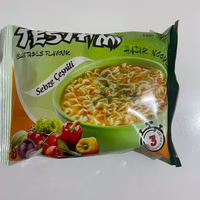 Οζεκσί πριν από 7 μήνες
Οζεκσί πριν από 7 μήνες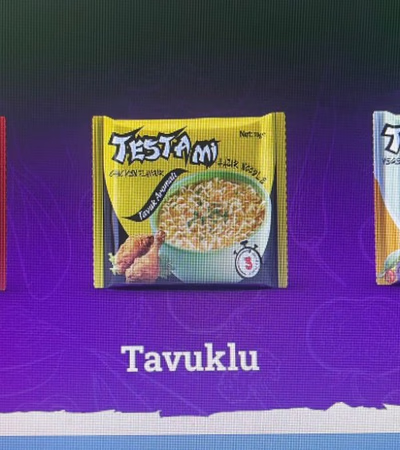 Τουρκία
νουντλς
Τουρκία
νουντλς
ζυμαρικά σίτου, πάσταΛεπτομέρειες
-
 Χαλίτ Κουρτ πριν από 3 μήνες
Χαλίτ Κουρτ πριν από 3 μήνες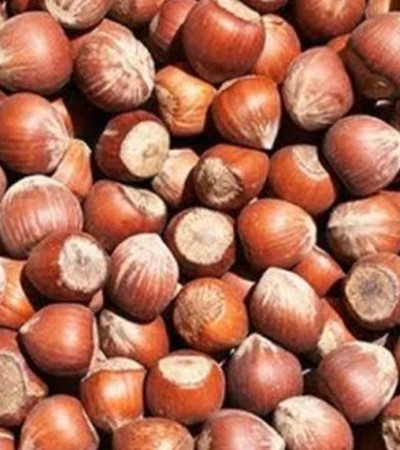 Τουρκία
Φιστίκι φουντούκι, οικοδομικά υλικά
Τουρκία
Φιστίκι φουντούκι, οικοδομικά υλικά
Χονδρική φουντούκι, φιστίκι, οικοδομικά υλικάΛεπτομέρειες
-
 Νουρ Αλ-Ντίν Ακρά πριν από 3 μήνες
Νουρ Αλ-Ντίν Ακρά πριν από 3 μήνες Τουρκία
Φαγητό
Τουρκία
Φαγητό
Πολύ ΕξαιρετικόΛεπτομέρειες
-
 Τσιχάν Τικαρέτ πριν από 3 μήνες
Τσιχάν Τικαρέτ πριν από 3 μήνες Τουρκία
Υλικά κατασκευών, χειροκίνητα εργαλεία και γεννήτριες
Τουρκία
Υλικά κατασκευών, χειροκίνητα εργαλεία και γεννήτριες
«Η Αξιόπιστη Διεύθυνσή σας για Όλες τις Κατασκευαστικές Ανάγκες! » Ολοκληρώστε τα έργα σας με αυτοπεποίθηση χρησιμοποιώντας υλικά κατασκευών υψηλής πο...Λεπτομέρειες
-
 Αλτινχατ Δις Τικαρετ πριν από 3 μήνες
Αλτινχατ Δις Τικαρετ πριν από 3 μήνες Τουρκία
ΗΓΕΤΙΚΗ ΕΤΑΙΡΕΙΑ ΠΡΟΜΗΘΕΙΩΝ ΣΤΟΝ ΤΟΜΕΑ ΚΑΤΑΣΚΕΥΗΣ ΚΑΙ ΤΡΟΦΙΜΩΝ
Τουρκία
ΗΓΕΤΙΚΗ ΕΤΑΙΡΕΙΑ ΠΡΟΜΗΘΕΙΩΝ ΣΤΟΝ ΤΟΜΕΑ ΚΑΤΑΣΚΕΥΗΣ ΚΑΙ ΤΡΟΦΙΜΩΝ
ΚΑΛΕΣΤΕ ΜΑΣ ΓΙΑ ΠΛΗΡΟΦΟΡΙΕΣ ΣΧΕΤΙΚΑ ΜΕ ΠΟΙΟΤΙΚΑ ΠΡΟΪΌΝΤΑ ΚΑΙ ΤΙΜΈΣΛεπτομέρειες
-
 Πέτρο Κιμία Άλφα πριν από 3 μήνες
Πέτρο Κιμία Άλφα πριν από 3 μήνες Τουρκία
Πετροχημικά Προϊόντα
Τουρκία
Πετροχημικά Προϊόντα
Εξαγωγέας πετροχημικών προϊόντων από το ΙράνΛεπτομέρειες
-
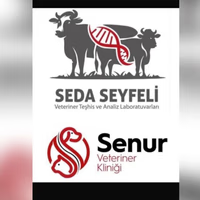 Σεντα Σεϊφελι Λιβεστοκ Κφτ πριν από 3 μήνες
Σεντα Σεϊφελι Λιβεστοκ Κφτ πριν από 3 μήνες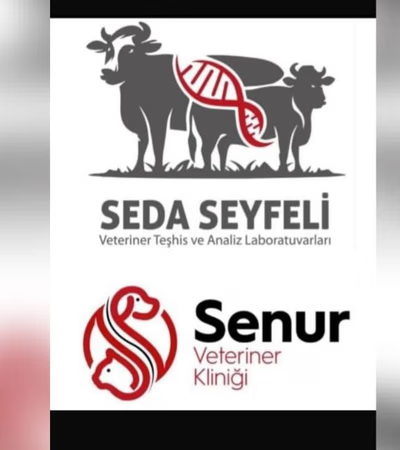 Τουρκία
Κτηνοτροφία
Τουρκία
Κτηνοτροφία
Charolais Limousin. Κτηνοτροφία στην ΟυγγαρίαΛεπτομέρειες
-
 Ροκα Τιτσερετ πριν από 3 μήνες
Ροκα Τιτσερετ πριν από 3 μήνες Τουρκία
τροφή
Τουρκία
τροφή
πάστα ντομάτας, τουρσιά και παρόμοια μη ευαίσθητα επεξεργασμένα τρόφιμαΛεπτομέρειες
-

 Τουρκία
Ζυμαρικά αλεύρι κόλα πιλάφι ντομάτα πάστα χαρτοπετσέτες παιδιά πάνες
Τουρκία
Ζυμαρικά αλεύρι κόλα πιλάφι ντομάτα πάστα χαρτοπετσέτες παιδιά πάνες
ΠοιότηταΛεπτομέρειες
-
 Κεμάλ Εργιν πριν από 3 μήνες
Κεμάλ Εργιν πριν από 3 μήνες Τουρκία
Χρυσός Μπρούτζος
Τουρκία
Χρυσός Μπρούτζος
1. Πωλήσεις χρυσού 2. Πετροχημικά προϊόντα 3. EN 590 10 ppm, JET A-1, LPG, LNG κ. λπ.Λεπτομέρειες
-
 Αρτιλίνξ Κομπανί πριν από 3 μήνες
Αρτιλίνξ Κομπανί πριν από 3 μήνες Τουρκία
χαλκός . αλουμίνιο - Χαλκοί και Αλουμίνιοι Κύβοι . Τραπέζι Κοτόπουλο
Τουρκία
χαλκός . αλουμίνιο - Χαλκοί και Αλουμίνιοι Κύβοι . Τραπέζι Κοτόπουλο
100 τόνοι χαλκών και 430 τόνοι αλουμινίων είναι διαθέσιμοι προς πώληση. Χρειαζόμαστε αρκετά κιλά κοτόπουλου για αγορά.Λεπτομέρειες
-
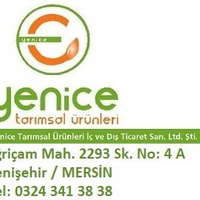 Γενίτσε Ταρέκ Ροστόμ πριν από 3 μήνες
Γενίτσε Ταρέκ Ροστόμ πριν από 3 μήνες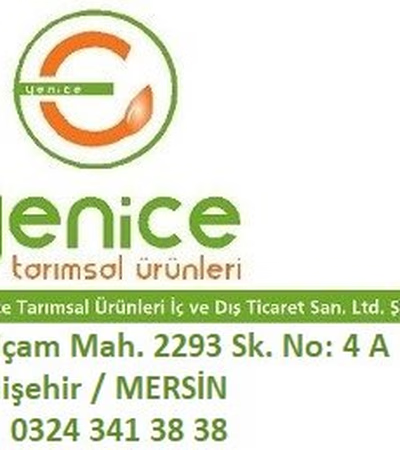 Τουρκία
Όσπρια και Ξηροί Καρποί
Τουρκία
Όσπρια και Ξηροί Καρποί
Γειά σας και καλώς ήρθατε, είμαι ο Ταρέκ Ροστόμ από την τουρκική εταιρεία γενίτσε. Είμαστε μια εταιρεία που δραστηριοποιείται στον τομέα των τροφίμων ...Λεπτομέρειες














